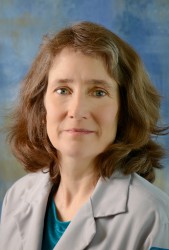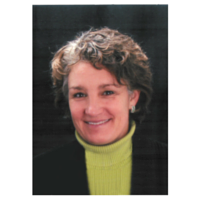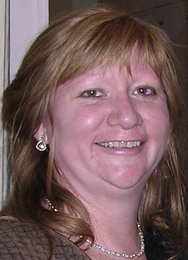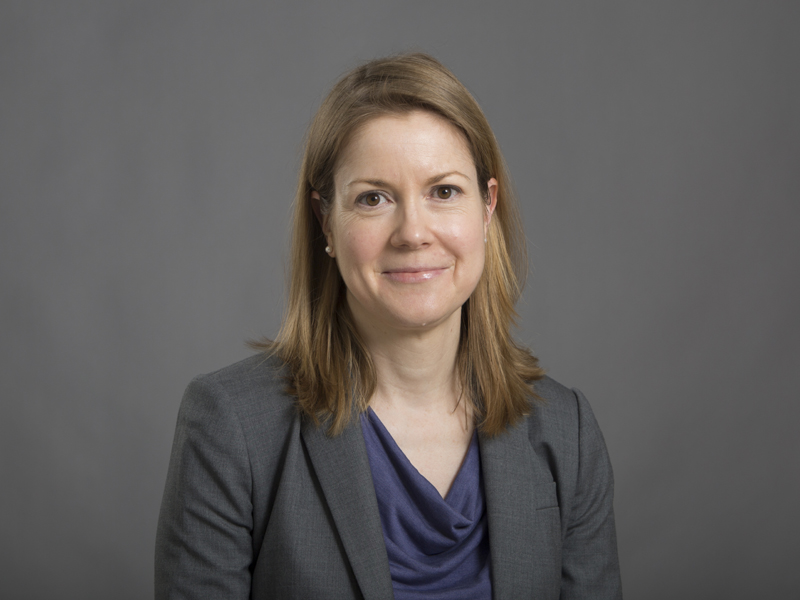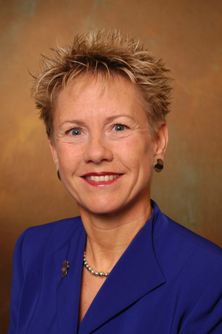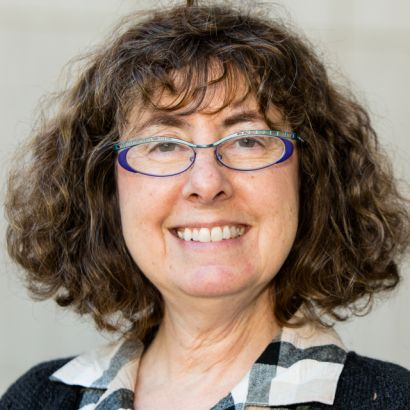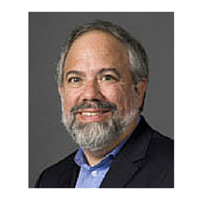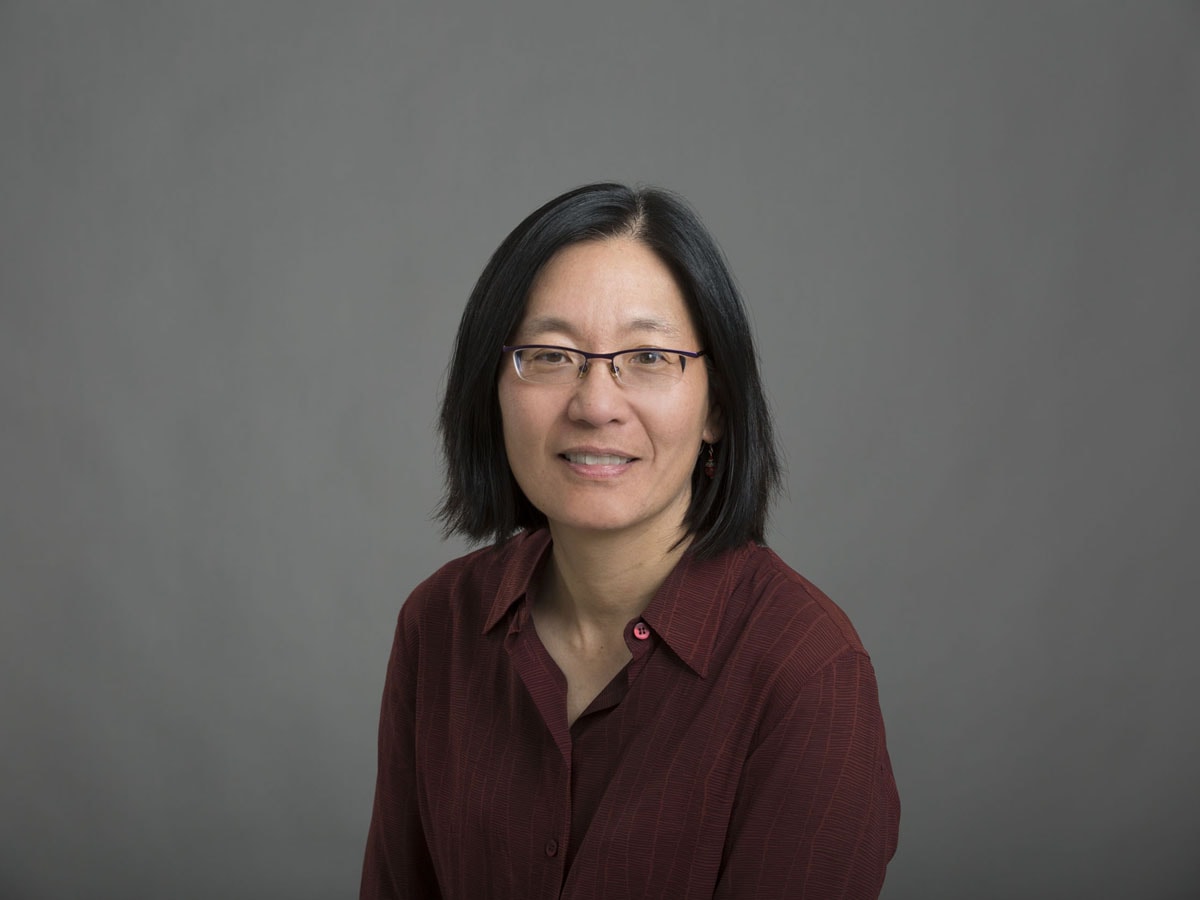WIHS Investigators and Co-Investigators
Mardge Cohen, Principal Investigator
Mardge Cohen has been the Principal Investigator of Chicago WIHS since its inception. She is an internist who worked at Cook County Hospital in Chicago for over 30 years, and has a long history of activism related to women’s health, health disparities, and fighting for high quality single payer health care. In 1988, she responded to the requests of women with HIV and started the Women and Children HIV Program to provide comprehensive medical and psychosocial services to women, their partners, and children at a single site at Cook County Hospital. She led the CDC funded research in Chicago on HIV testing among women in labor and then directed the public health implementation of rapid HIV testing in labor and delivery areas for all Illinois birthing hospitals. Since 1994, she has led the Chicago consortium of the National Institute of Health’s Women’s Interagency HIV Study (WIHS). She is especially interested in gender issues including women specific factors associated with mortality, intimate partner violence, and disparities in care. In 2004, she co-founded Women’s Equity in Access to Care and Treatment (WE-ACTx) to facilitate HIV primary care for women who were infected after being raped during the 1994 Rwandan genocide. WE-ACTx, with the Rwandan local organization WE-ACTx For Hope, provides comprehensive HIV care to over 2500 persons in Kigali, integrating mental health care, nutrition and income generation within HIV primary care for women, children, youth and their families. Since 2012, Dr. Cohen has co-led an NICHD research study to improve adherence to antiretroviral therapy of 14-21 year olds with HIV in Kigali. The study will evaluate a trauma informed cognitive behavior therapy intervention conducted by trained and supervised HIV infected older youth.
Audrey French, Principal Investigator
Audrey French is a Professor of Medicine/Infectious Diseases at Stroger Hospital. She has been caring for HIV-infected women and doing HIV-related research for over 25 years. She has been with WIHS study since 1997 and has chaired the Epidemiology Working Group and now chairs the Hepatitis/Liver Working Group. She has been the Director of Research at the CORE Center since 1998 and is the Chairwoman of the Cook County IRB, the board that is in charge of making sure research done at Cook County facilities is ethical and fair to participants. Her research interests are co-infections with HIV, such as hepatitis B and C,
tuberculosis and causes of death for women with HIV.
Kathleen Weber, Project Director and Co-Investigator
Kathleen Weber has been with the Chicago WIHS since its inception in 1994. Prior to joining the WIHS team, Kathleen worked in cardiac, medical and neurosurgical intensive care as well as community, hospice, and research settings caring for individuals across the age spectrum from newborns to the elderly. Given her background as a nurse, public health researcher, and health psychologist, she has a broad interest in the social, psychological, and environmental factors that contribute to preventable and chronic disease burden in vulnerable populations. She has a particular interest in the root causes and far reaching effects of violence and traumatic life stress on individuals, families, and communities. Kathleen is committed to facilitating a collaborative interdisciplinary approach to understanding and addressing health inequities.
Jane Burke-Miller, Ph.D., has worked with the Chicago WIHS since 1997 as a research analyst and investigator. She assists WIHS investigators in design and implementation of statistical analysis of WIHS CORE and sub-study data. She has extensive experience in mental health services research and in addition is particularly interested in multilevel models and how communities influence women’s health behaviors and outcomes.
Collaborating Co-Investigators
Leslie R. Brody, PhD (Psychology) is a Professor of Psychological and Brain Sciences at Boston University, past Director of the BU Clinical Psychology PhD program (1991 – 1996) and was the Marion Cabot Putnam Fellow at the Bunting Institute, Radcliffe College (1994 – 1995). For the past thirty years, her research has focused on relationships among gender, culture, and emotional functioning and how gender roles, coping, and emotion regulation strategies relate to mental and physical health. Since 2008, she has been a co-investigator with the Chicago site of the Women’s Interagency HIV study investigating the psychosocial factors, including coping strategies, self-silencing, critical consciousness, and gender roles, that predict resilience and health outcomes in women with and at risk for HIV.
Dr. Helen Burgess (Behavioral Sciences/Internal Medicine) is Director of the Biological Rhythms Research Laboratory at Rush University Medical Center. Her scientific research examines sleep and circadian rhythms in the context of clinical conditions including alcohol abuse, chronic pain, depression, diabetes, gastrointestinal disorders, and post-traumatic stress disorder. Her research also examines how light and melatonin treatment can be used to improve sleep and circadian adaptation, thereby reducing symptom burden. She has also developed a method to facilitate accurate measurement of circadian timing in the home environment.
Dr. Susan Cohn (Infectious Disease) is an expert in HIV medicine, infectious disease and HIV clinical health services outcomes research who joined WIHS in 2011 shortly after moving to Chicago and joining the Infectious Diseases faculty at Northwestern. She has been involved with the AIDS Clinical Trials Group for many years and has led their Women’s Health committees among other leadership positions. She has been an active member of the DHHS Perinatal Guidelines Working Group. Her current research areas include improving contraception options for women with HIV, testing a stigma reduction intervention among African-American women with HIV, optimizing antiretroviral adherence, and enhancing recruitment and retention of women in HIV clinical trials. She recently completed two WIHS projects one assessing changes in live-birth and abortion rates HIV-positive and HIV-negative women over time and another looking at neighborhood characteristics associated with HIV-related outcomes in urban women living with HIV in Chicago with other Chicago WIHS colleagues.
Judith A. Cook (Psychiatry) is a Professor of Psychiatry at the University of Illinois at Chicago (UIC) College of Medicine, where she directs the Center on Mental Health Services Research and Policy. She received her Ph.D. in sociology from The Ohio State University and completed a National Institute of Mental Health-funded post-doctoral training program in clinical research at the University of Chicago. Dr. Cook has been a member of the Chicago Consortium of the Women’s Interagency HIV Study (WIHS) since 1995, and was the first chair of the WIHS Social and Behavioral Science Workgroup, leading the study’s efforts to examine behavioral health factors impacting health and quality of life for HIV+ women. She is currently engaged in a large R01 epidemiological study funded by NIMH to determine the prevalence of mental health and substance use disorders in the WIHS, as well how these co-morbidities affect HIV/AIDS disease progression and health outcomes. This first-of-its-kind study has identified undiagnosed mental and behavioral health disorders using the World Health Organization’s Composite International Diagnostic Interview. Most recently, her attention has turned to developing a better understanding of the direct and indirect effects of behavioral health on HIV outcomes, and specifically to the question of whether providing treatment for mental illness and substance abuse leads to lower drug and sexual risk behaviors as well as better HIV outcomes. Her collaborative studies in WIHS include work in neuropsychology, genetics, and addiction medicine. Dr. Cook served as an expert consultant on employment and income supports for the President’s New Freedom Commission on Mental Health, and authored the Commission Subcommittee’s Report on employment and income supports for people with mental illness.

Dr. Charlesnika Evans (Epidemiology) is an Associate Professor in the Department of Preventive Medicine and the Center for Healthcare Studies in the Institute for Public Health and Medicine, Feinberg School of Medicine at Northwestern University in Chicago, Illinois. She is also a Research Health Scientist in the Department of Veterans Affairs (VA), in the Center of Innovation for Complex Chronic Healthcare at the Edward Hines Jr. VA Hospital in Hines, Illinois. She has a bachelor’s degree in microbiology, a master’s in public health, and a doctoral degree in epidemiology. Dr. Evans is an expert in epidemiology and infectious disease research. She has over 85 publications focused on topics such as HIV, influenza vaccination, antibiotic resistant microorganisms, and overuse of antibiotics. She is currently co-leading a national effort to improve the use of antibiotics and reduce the burden of healthcare-associated infections across VA.
Ronald Hershow, MD (Epidemiology) is an Associate Professor of Epidemiology at the University of Illinois at Chicago (UIC) School of Public Health where he currently serves as the director of the Division of Epidemiology and Biostatistics. He is a board-certified infectious disease clinician with over 20 years of experience treating patients with HIV infection. His background includes the provision of medical care in Thailand and Kenya and research performed in Israel, American Samoa, Ukraine and Indonesia. During the last 20 years, his research has focused on the effect of viral co-infections like hepatitis C virus infection on HIV disease progression and factors associated with vertical transmission of HIV infection. Areas of expertise include HIV and its impact on substance users and women. For the WIHS, his work has recently focused on obesity in women with or at risk of HIV infection. He has also contributed to the development of a woman-specific index that predicts mortality and hospitalization in WIHS women and that encompasses factors beyond tradition HIV-related prognostic markers (such as CD4 cell counts and viral load) and includes factors like liver disease, depression, smoking, and exposure to violence. As a co-investigator on the Fogarty UIC AIDS International Training & Research Program (UIC-AITRP) funded by the John E. Fogarty International Center under the auspices of the NIH, he has helped to develop research capacity in Indonesia by supervising indigenous scientists during the implementation of a pilot study to assess factors associated with antiretroviral adherence among HIV-infected injection drug users in Jakarta and Bali. Dr. Hershow also conducted a USAID-funded pilot study to assess physician adherence to National Tuberculosis Treatment Guidelines in the Kyiv Oblast of Ukraine. Overall, his research experience is extensive encompassing pathogenesis, epidemiologic, and prevention themes.
Nancy Hessol (Epidemiology) is an epidemiologist and Professor of Clinical Pharmacy and of Medicine at the University of California, San Francisco (UCSF). Her more than 30 years of experience have given her impressive expertise in directing and managing data for epidemiologic studies, primarily in the area of HIV/AIDS. Professor Hessol has authored numerous publications, including landmark studies on the natural history of HIV/AIDS and HIV-related malignancies. She also has extensive experience working on multisite research projects and analyzing complex databases. Professor Hessol provides leadership and guidance on the WIHS Cancer initiatives, including grant writing, WIHS collaborations, project study design, analyses, and manuscripts. She is an active member of three national working groups; the North American AIDS Cohort Collaboration on Research and Design (NA-ACCORD) malignancy group, the Women’s Interagency HIV Study (WIHS) HPV group, and the WIHS Cancer/Pathology group (for which she Chaired from 2001-2015 and 2017-present).
Dr. Alan Landay ( Microbial Pathogens and Immunity) is Professor Department of Microbial Pathogens and Immunity at Rush University Medical Center in Chicago. He has been involved in HIV research for over 35 years having performed some of the first immune evaluations of HIV infected haemophiliacs in 1982 while completing a postdoctoral fellowship at the University of Alabama, Birmingham. Dr. Landay joined the faculty at Rush University Medical Center in 1983 and helped establish the HIV research program which has grown to encompass both a basic and translational focus on immune studies in HIV. Dr. Landay’s current research focus is on immune pathogenesis and immune based therapy of HIV disease and studies of the microbiome. He also serves on the Office of AIDS Research HIV and Aging Committee. He serves on NIH, AmFar, Glazer Pediatric AIDS Foundation and State of California Grant review panels and is past Chair of the NIH HIV Vaccine Study Section. Dr. Landay has published over 400 peer reviewed papers focused on basic and clinical studies of HIV with an emphasis on the role of immune activation inflammation and microbiome in HIV pathogenesis and therapy.
Pauline Maki (Psychiatry) is a psychologist with 20 years of experience leading a program of NIH-funded research in women’s mental and cognitive health. She currently directs the Women’s Mental Health Research Program at the UIC Department of Psychiatry. Continuously funded by the NIH for 20 years, she has 130+ publications in the field of women’s health. Her research has focused on the influence of hormonal transitions (e.g., menopause, menstrual cycle, pregnancy) on mood and cognition. Her approach draws on randomized clinical trials, observational cohort studies, pharmacologic challenge studies, and stress induction studies. Her research interests in HIV focus on cognition, mental health, and substance use in HIV-infected women. She is the immediate past-Head of the Neurocognitive Working Group (NCWG) of the Women’s Interagency HIV Study (WIHS), the largest study of the natural and treated history of HIV in women in the U.S. In that role, and in close collaboration with Dr. Rubin who provided both content expertise and analytic expertise, she directed the implementation of the largest longitudinal study of cognitive function in HIV-infected women and HIV-uninfected controls (n=~1521). Findings from that study suggest that the pattern of neurocognitive deficits in HIV-infected women is unique in showing a prominent deficit in verbal memory.
Dr. Stewart Massad (Gynecological/Oncology) has been with WIHS since its inception and is the primary gynecologic oncologist in the study. His work has focused on the interaction between HIV-related immunocompromise and infection with human papillomavirus (HPV), the virus that causes cervical cancer. He has shown that for women in WIHS, cervical cancer risk is only marginally increased, thanks to intensive Pap testing and careful follow-up. HPV-related disease is the most common reason for hysterectomy in WIHS. WIHS women also face an increased risk for cancer and precancer of the vulva and vagina, rare cancers that are also caused by HPV. He has assisted in investigations on pregnancy, menopause, and bacterial vaginosis, all of which have unique characteristics in WIHS women.
Beverly Sha (Infectious Disease) is the principal investigator of the Rush University Medical Center WIHS site. She has been involved in the study since the planning stages in 1993. It has been a true team effort between the providers and the women who generously donate their time to help us all learn how the virus impacts women over time. She hopes the WIHS women and the providers can continue to learn from the study and grow “wise” together.


